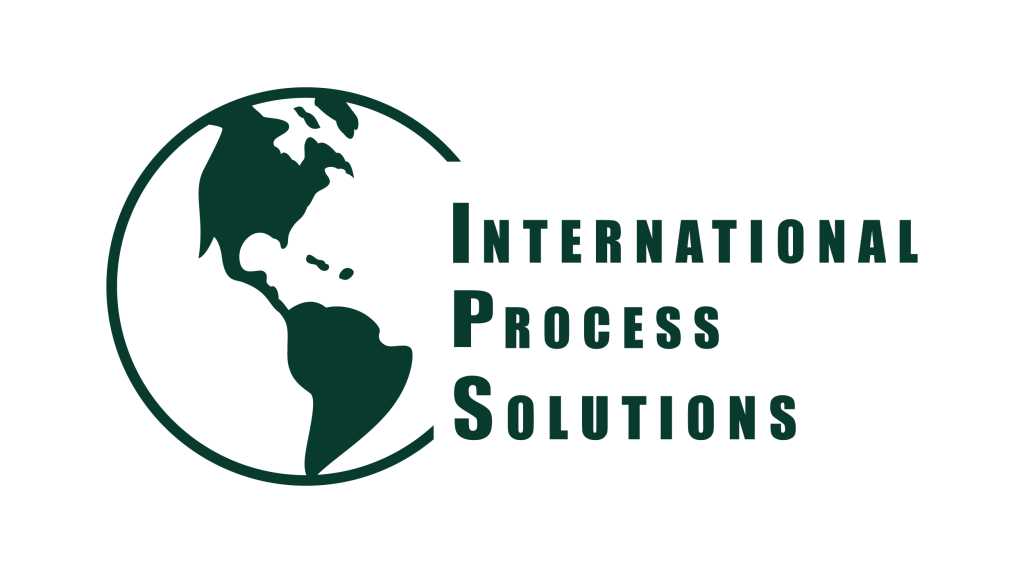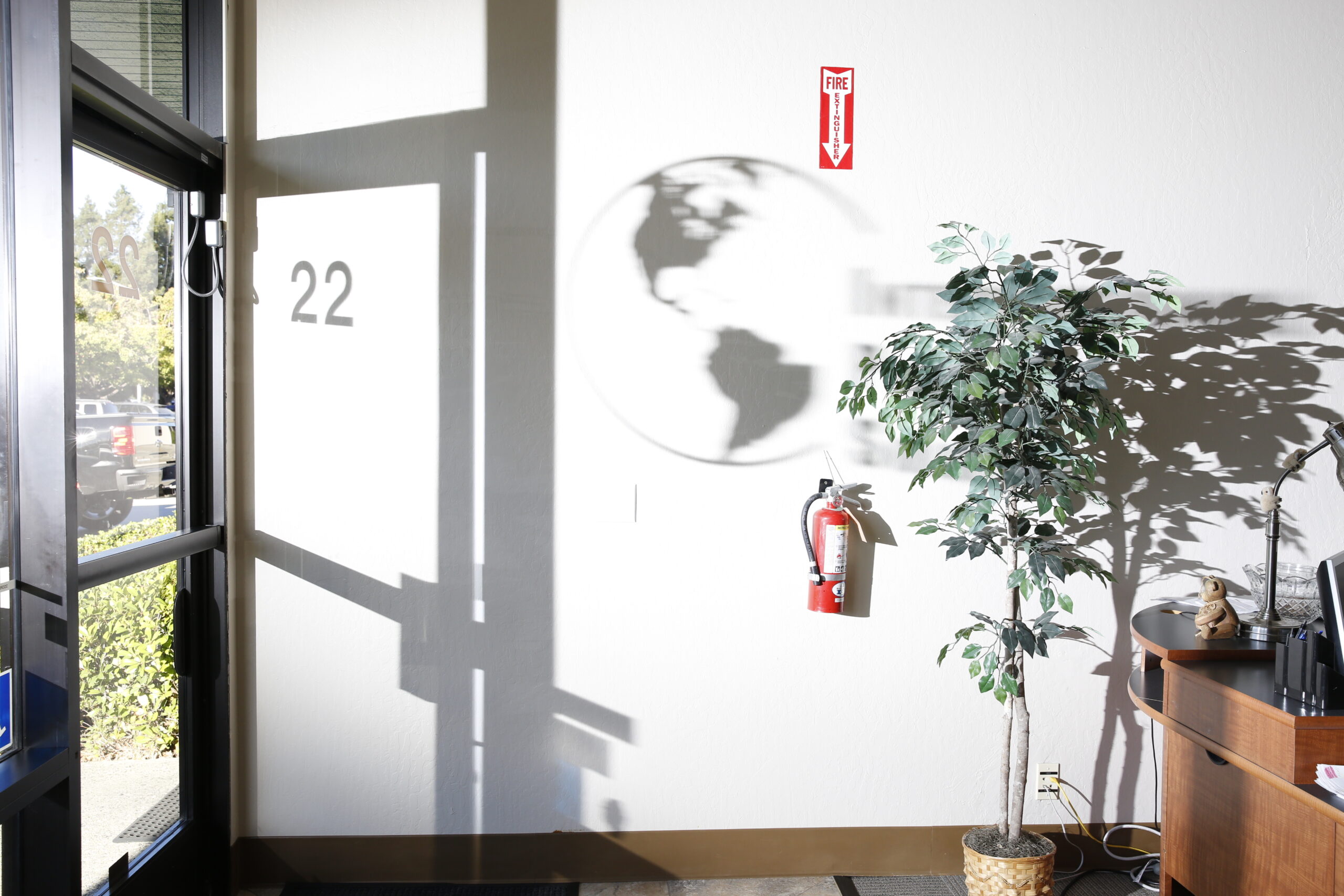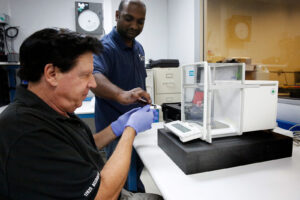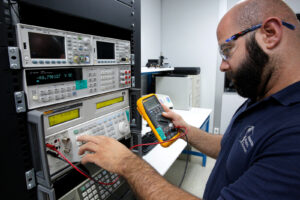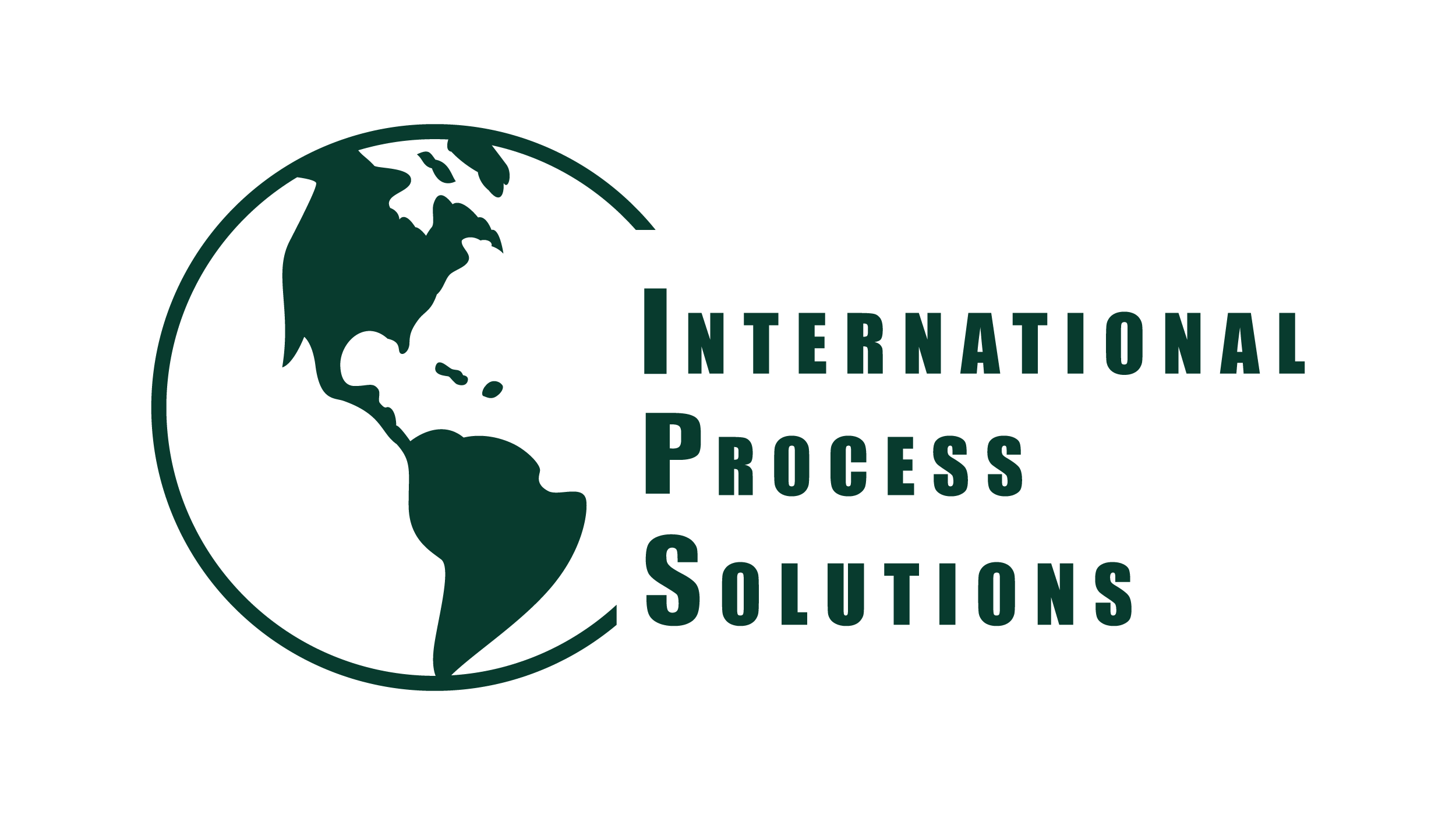In today’s precision-driven industries, equipment calibration is more than a compliance box—it’s a cornerstone of accuracy, reliability, and safety. Yet, many facilities underestimate the true impact of neglecting regular calibration. At International Process Solutions (IPS), we’ve seen firsthand how skipping calibration not only disrupts operations but also leads to serious financial, regulatory, and reputational consequences.
This article explores the hidden costs of skipping calibration, helping organizations understand why consistent calibration is not an expense—but a vital investment in performance and trust.
Understanding Calibration: The Foundation of Accuracy
Calibration is the process of verifying and adjusting instruments to ensure they measure within an accepted range of accuracy. From pipettes and thermometers to flow meters and pressure gauges, every measurement device can drift over time due to wear, environmental conditions, or mechanical stress.
Without calibration, even minor inaccuracies can compound over time, leading to flawed data, inefficient processes, and non-compliance with industry standards such as ISO 9001, GMP, and GLP.
The Financial Fallout of Inaccurate Measurements
1. Product Waste and Rework
When measurements are off, production runs can deviate from specification—resulting in wasted materials and rejected batches. For instance, a pipette dispensing just 1% less reagent can alter the chemical balance of a formula, forcing expensive rework or total disposal of the batch.
The cost doesn’t stop at materials. Downtime, labor hours, and machine usage all add to the expense. Over time, the cumulative cost of even small measurement errors can dwarf the cost of routine calibration.
2. Customer Dissatisfaction and Loss of Contracts
Clients and partners rely on consistent quality. Uncalibrated instruments can lead to out-of-spec results that erode trust and damage long-standing relationships. Once reliability is questioned, contracts can be revoked, and regaining customer confidence is far more expensive than maintaining calibration schedules.
3. Increased Maintenance and Equipment Wear
Improperly calibrated instruments can strain connected systems, causing premature wear and costly equipment failures. For example, an uncalibrated pressure sensor can mislead automated systems, triggering overcompensation and mechanical stress. Regular calibration helps extend equipment lifespan and minimize unscheduled repairs.
The Regulatory and Legal Consequences
1. Non-Compliance Penalties
Industries regulated by agencies such as the FDA, EPA, or ISO-accredited bodies face severe penalties for non-compliance. Calibration records are often the first documentation requested during audits. Missing or outdated calibration certificates can result in:
- Failed audits
- Regulatory fines
- Production halts
- Product recalls
At IPS, we’ve supported clients through audits where missing calibration documentation nearly resulted in costly shutdowns. Regular calibration ensures traceable records that demonstrate compliance and quality assurance.
2. Compromised Data Integrity
In laboratories, pharmaceutical manufacturing, and food processing, data integrity is everything. If calibration is skipped, data loses credibility. Regulatory agencies view unverified data as untrustworthy, potentially invalidating entire research studies or production runs.
Maintaining traceable calibration certificates from accredited providers like International Process Solutions helps safeguard data authenticity and meet 21 CFR Part 11 requirements for electronic records.
The Operational Impact of Skipping Calibration
1. Production Downtime
Uncalibrated instruments are more prone to sudden failure or inconsistency. When this happens, production must stop until the issue is identified and corrected. The unplanned downtime not only halts output but also creates scheduling chaos and overtime costs to make up for lost time.
2. Inefficient Processes
Even small measurement drifts can affect process efficiency. For instance, in pharmaceutical manufacturing, a miscalibrated balance could cause incorrect ingredient ratios, reducing product efficacy or stability. Over time, such inefficiencies can slow throughput and increase resource consumption without operators realizing the root cause lies in calibration neglect.
3. Safety Risks
Perhaps the most concerning hidden cost is safety. Inaccurate readings from temperature or pressure sensors can put employees at risk and compromise environmental safety. In biotech and chemical sectors, a misread parameter could lead to hazardous reactions or equipment malfunctions.
Routine calibration acts as a safeguard—protecting people, property, and reputation.
The Ripple Effect Across Departments
Skipping calibration doesn’t just affect one department—it ripples across the organization:
- Quality Assurance: Faces audit risks and invalid test results.
- Production: Suffers from inefficiencies and waste.
- Maintenance: Deals with increased breakdowns.
- Finance: Absorbs unplanned costs and penalties.
- Management: Handles reputational fallout and client dissatisfaction.
Calibration, when maintained consistently, keeps every part of the organization aligned and functioning efficiently.
How Regular Calibration Protects Your Bottom Line
At International Process Solutions, we emphasize that calibration is a cost-saving strategy, not an expense. A proactive calibration program delivers measurable returns:
- Improved product consistency and customer satisfaction
- Reduced scrap and rework costs
- Extended equipment lifespan
- Assured regulatory compliance
- Reliable, traceable data integrity
With scheduled calibration, issues are identified before they escalate, saving both time and money while supporting long-term operational excellence.
Why Partner with International Process Solutions
Choosing the right calibration provider is crucial. At IPS, we combine ISO/IEC 17025-accredited calibration services with decades of industry experience. Our technicians use state-of-the-art reference standards traceable to NIST, ensuring precision and compliance across every calibration.
We offer:
- On-site and laboratory calibration for convenience and efficiency
- Comprehensive documentation that satisfies all audit requirements
- Multi-instrument service to minimize downtime
- Custom calibration schedules tailored to your production cycles
Our approach ensures your instruments maintain peak accuracy, helping your business avoid the costly consequences of calibration neglect.
Real-World Example: The Cost of One Missed Calibration
A medical device manufacturer once delayed pipette calibration by six months to save costs. Within weeks, inaccurate measurements led to three rejected production lots valued at over $500,000. Worse, the company faced an FDA warning letter due to non-compliant calibration records.
After partnering with IPS, the manufacturer adopted a calibration schedule aligned with ISO 13485 standards, eliminating future losses and passing audits with zero findings.
This case underscores the true message: the cost of skipping calibration far exceeds the cost of staying compliant.
Building a Culture of Precision
Calibration should be part of your organization’s DNA. Establishing a calibration culture—where accuracy and accountability are shared values—leads to better outcomes across quality, performance, and profitability.
When every instrument operates within specification, your business operates with confidence. At IPS, we help clients achieve this by integrating automated reminders, calibration tracking systems, and full documentation into their quality management processes.
Conclusion: Precision is Profitability
Skipping calibration may seem like a shortcut—but it’s a costly gamble. The hidden costs—product loss, downtime, failed audits, and reputational damage—can quietly erode profitability and trust.
At International Process Solutions, we’re committed to helping businesses stay ahead through precise, reliable, and compliant calibration services. Our expertise ensures your instruments perform flawlessly, your operations remain compliant, and your bottom line stays protected.
Protect your accuracy. Protect your business. Partner with International Process Solutions today.
